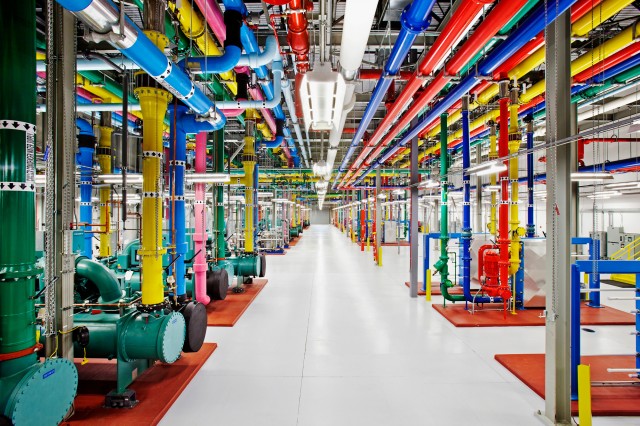Nato’s 2023 military spending produced about 233m metric tonnes of CO2 – report
Report says member states poured $1.34tn into their militaries last year – an increase of $126bn from 2022
As leaders from member countries gather to mark the 75th anniversary of Nato in Washington DC, researchers are warning that their military budgets are eroding the climate, producing an estimated 233m metric tonnes of greenhouse gas, more planet-heating pollution than some entire countries.
“Our research shows that military spending increases greenhouse gas emissions, diverts critical finance from climate action, and consolidates an arms trade that fuels instability during climate breakdown,” says a new report from three international research and advocacy groups, the UK-based Transnational Institute and Tipping Point North South, and the Netherlands’ Stop Wapenhandel.
Continue reading...© Photograph: Kacper Pempel/Reuters
© Photograph: Kacper Pempel/Reuters





















